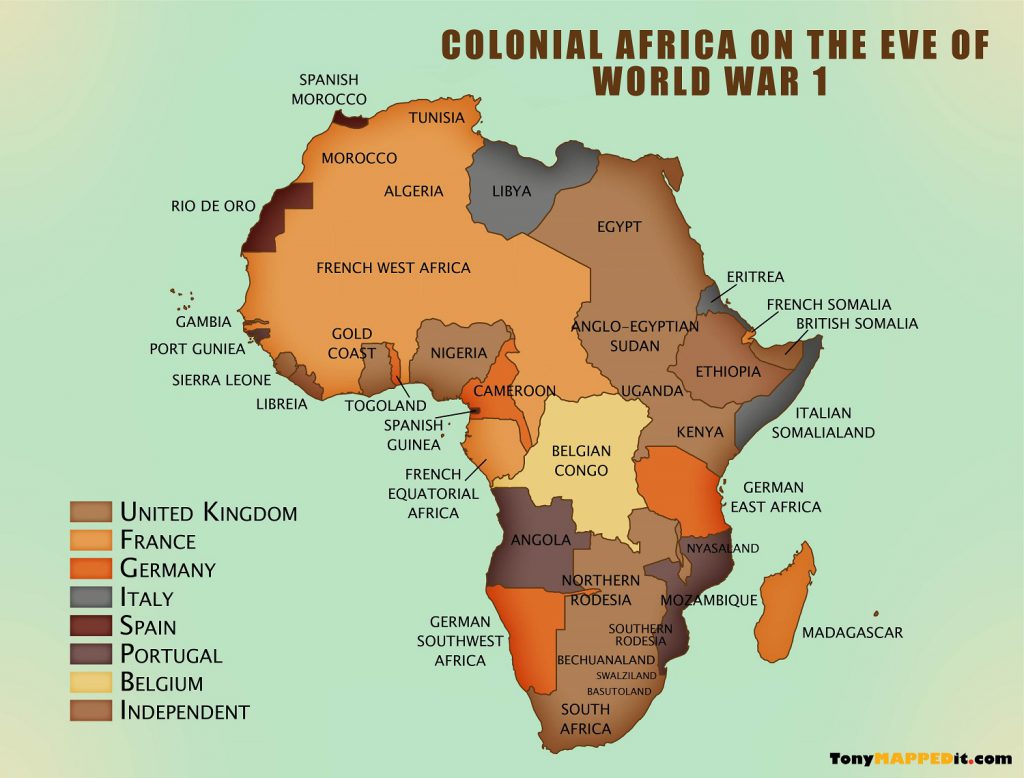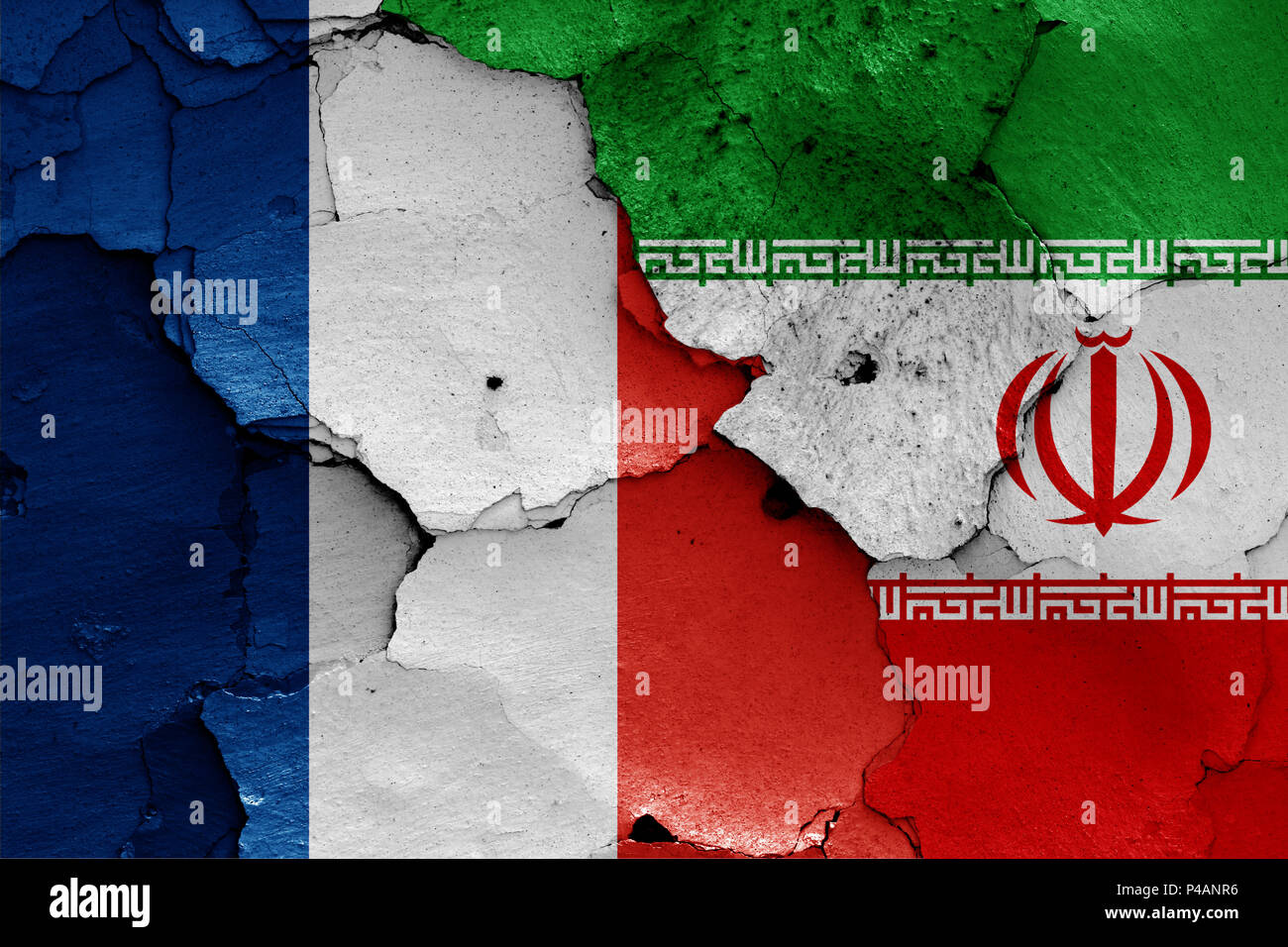Did France Colonize Iran? Unpacking A Complex History
Table of Contents
- Understanding Colonialism: A Definition
- Did France Colonize Iran? The Direct Answer
- Iran's Historical Encounters with Colonization (by others)
- France's Colonial Ambitions: Where They Focused
- Early Franco-Persian Relations: Diplomacy, Not Domination
- The Qajar Era: Playing Powers Off Each Other
- Post-Revolutionary Iran and France: A New Chapter of Tensions
- Iran's Unique Path to Independence and Decolonization
Understanding Colonialism: A Definition
Before we delve into the specifics of Franco-Iranian relations, it's essential to define what we mean by "colonization." Generally, colonialism refers to the policy or practice of acquiring full or partial political control over another country, occupying it with settlers, and exploiting it economically. This often involves the imposition of the colonizer's culture, language, and legal systems, leading to a loss of sovereignty and self-determination for the colonized people. Examples include British rule in India, French rule in Algeria, or Belgian rule in the Congo. The key elements are direct political control, territorial occupation, and economic exploitation for the benefit of the colonizing power.Did France Colonize Iran? The Direct Answer
To directly answer the question: **No, France did not colonize Iran.** While France maintained diplomatic ties, pursued economic interests, and exerted influence in various ways throughout history, it never established direct political or territorial control over Iran in the manner of a colonial power. Iran, often referred to as Persia historically, managed to largely maintain its independence and sovereignty, albeit under constant pressure from various European powers, particularly Russia and Great Britain, during the 19th and early 20th centuries. The geopolitical realities of the time made direct colonization of Iran by any single power incredibly challenging. As historical accounts suggest, "Colonization was costly and intensive, and intervention by any power in Iran could have drawn a response from one of the other powers." This strategic equilibrium, where competing imperial interests essentially neutralized each other, played a significant role in preserving Iran's independence. Successive Qajar monarchs, "with this knowledge, and with new diplomatic ties to the West, sought to modernize Iran, and play Western powers off each other, to varying degrees of success." This diplomatic maneuvering was a crucial survival strategy that prevented outright colonization by any single European nation, including France.Iran's Historical Encounters with Colonization (by others)
While France did not colonize Iran, it is crucial to acknowledge that Iran has a long and complex history of foreign invasions and periods of external rule. The provided data explicitly states: "Iran was colonized by the Arabs, and by the Turks, the Mongols, and the Macedonians." Among these, "The Arab colonization of Iran is lasting one with the Islamization of Iran," profoundly shaping its cultural and religious identity. These historical experiences of conquest and integration by various empires highlight Iran's long struggle for self-determination, making its avoidance of European colonialism in the modern era particularly noteworthy. This contrasts sharply with the experiences of many other nations in the Middle East and North Africa.France's Colonial Ambitions: Where They Focused
To understand why France did not colonize Iran, it's helpful to look at where French colonial efforts were concentrated. "French colonialism, Middle East the Middle East and North Africa were central regions in the history of modern French colonialism." Indeed, "France's second colonial empire was founded in Algeria in 1830, after the loss of most of the first overseas empire in the Americas in the eighteenth century and the final defeat of Napoléon in Europe in 1815." France established significant colonial holdings in North Africa (Algeria, Tunisia, Morocco) and later in the Levant (Syria and Lebanon) after the collapse of the Ottoman Empire. These regions offered strategic advantages, resources, and proximity that aligned with France's imperial goals. Iran, situated further east and already a point of contention between the British and Russian empires, presented a different set of challenges and risks that deterred direct French colonial ventures on a large scale. While France certainly had interests in the region, its primary focus for direct territorial acquisition lay elsewhere.Early Franco-Persian Relations: Diplomacy, Not Domination
The relationship between France and Persia (Iran) stretches back centuries, characterized by a mix of curiosity, strategic alliances, and economic pursuits rather than outright conquest. In the early Middle Ages, "Persia was perceived by the French mostly through biblical, Greek, and Latin sources," reflecting a distant and somewhat exotic understanding. During the Crusades, "all Muslim countries, including Persia, were considered enemies of Chr," illustrating a period of religious antagonism.From Crusades to Treaties: Shifting Perceptions
However, as Europe emerged from the medieval period, relations began to shift. "Later however, France developed relations with Iran and signed treaties in 1708 and 1715 with the visit of an Iranian embassy to Louis XIV." These diplomatic exchanges marked a move towards more formal and mutually beneficial interactions. Unfortunately, these early ties were disrupted: "these relations ceased in 1722 with the fall of the Safavid dynasty and the invasion of Iran by the Afghans." The early 19th century saw a brief but significant strategic alliance, as evidenced by "The Treaty of Finckenstein between Persia and France, ratified 10 May 1807." This treaty was part of Napoleon's broader strategy to counter British influence in the East and potentially threaten India. Such alliances, while indicative of French strategic interests, were based on a recognition of Persia's sovereignty, not an intent to colonize. They were pragmatic arrangements between independent states, albeit with a significant power imbalance.Strategic Interests: Trade and Influence
Beyond military alliances, France also sought to establish a commercial presence in Iran. "To contain those powers," referring to rival European powers, "France pursued its plan of reaching a trade treaty with Iran as a means of obtaining commercial concessions and privileges as well as to secure its permanent presence in the country." Furthermore, "France also aimed to connect Iran to its network of regional trade extending from the Mediterranean to the Indian Ocean." These efforts demonstrate a clear French interest in economic penetration and establishing a sphere of influence, typical of imperial powers. However, these commercial endeavors, while certainly exploitative in some respects, did not translate into direct political control or territorial occupation. Iran's rulers, while often granting concessions, maintained ultimate authority over their land and people. This pursuit of "commercial concessions and privileges" is a hallmark of informal empire or economic imperialism, a less overt form of control than direct colonization, which Iran largely managed to keep at bay from France.The Qajar Era: Playing Powers Off Each Other
The 19th and early 20th centuries, under the Qajar dynasty, were a perilous time for Iran. It found itself caught between the expanding empires of Great Britain and Tsarist Russia, both vying for dominance in the region. This period is often referred to as "The Great Game." In this context, Iran's survival depended on its ability to maintain a delicate balance and prevent either power from fully dominating it. As previously noted, "successive Qajar monarchs sought to modernize Iran, and play Western powers off each other, to varying degrees of success." This strategy was crucial in preventing outright colonization. While France was a player in this "Great Game," its role was generally secondary to that of Britain and Russia. France's interests were more aligned with securing trade routes, cultural influence, and occasional diplomatic leverage rather than territorial acquisition. The very existence of this "playing off" strategy confirms Iran's continued, albeit precarious, independence from any single European power, including France.Post-Revolutionary Iran and France: A New Chapter of Tensions
The relationship between France and Iran took a dramatic turn with the Iranian Revolution of 1979. This period, far from being about colonization, highlights a complex interplay of political asylum, economic disputes, and shifting international allegiances.The Eurodif Saga: Economic Entanglements
One significant point of contention emerged from economic agreements made prior to the revolution. "First, France, prior to the revolution, had made a deal with the Shah concerning Eurodif, a European company that was supposed to manage the construction of a new nuclear power plant for Iran." This joint venture, "formed in 1973 by France, Belgium, Spain and Sweden," saw Iran acquire a significant stake. "In 1975, Sweden's 10% share in Eurodif went to Iran as a result of an arrangement between France and Iran." However, after the revolution, "tensions between France and Iran increased drastically for several reasons." A major one was the financial dispute over Eurodif. "Tehran also did not get its investment back from the Eurodif joint stock company." This economic grievance, a legacy of the Shah's era, became a persistent source of friction between the new Islamic Republic and France, demonstrating a relationship defined by financial disputes between sovereign states, not colonial subjugation.Khomeini's Exile and Return: Diplomatic Ironies
Perhaps one of the most ironic and defining moments in modern Franco-Iranian relations was the exile of Ayatollah Ruhollah Khomeini in France. "Ayatollah Khomeini returns to Iran after 14 years exile in France on 1 February 1979." This period of hospitality by France initially led to optimistic predictions: "When Iran’s 1979 revolution took place, many Iranians predicted that relations between Iran and France would improve in an unprecedented way." "The revolutionaries in Tehran lauded French leaders for being hospitable toward their spiritual leader." However, these hopes were quickly dashed. "Paris had hoped that Khomeini would bring democracy to Iran in 1979, but relations have soured." This episode underscores the complex, often contradictory nature of their relationship. France provided refuge to the leader of a revolution that fundamentally reshaped Iran, yet the ideological differences and subsequent political developments led to significant diplomatic estrangement. This interaction, far from reflecting a colonial dynamic, showcases a period of diplomatic calculation and miscalculation between two independent nations.Iran's Unique Path to Independence and Decolonization
Iran's experience with decolonization is distinct because it was never formally colonized by European powers like France, Britain, or Russia in the same way that, for example, India or Algeria were. Instead, Iran's struggle for "political and economic independence and liberation" involved resisting various forms of external influence and intervention, particularly during the Pahlavi era. Scholarly work "investigates Iran's experiences with colonialism and decolonization from a variety of perspectives," highlighting "how Iran’s unique position in the world affect[ed] and define[d] its treatment of decolonization." During the late Pahlavi rule, "the country sought to establish close relationships with newly independent counterparts in the global" South, demonstrating its commitment to a non-aligned, independent foreign policy. This ongoing struggle for true sovereignty against economic and political pressures, rather than direct colonial rule, defines Iran's modern history. The dynamic interaction between "the imperialists' contention for achieving hegemony over the third world country [and] the inevitable national movement which gradually grows out of" it, is a general phenomenon. Still, Iran's case illustrates how a nation can resist direct colonization while still being deeply impacted by imperial rivalries and economic pressures.Conclusion: A Legacy of Influence, Not Occupation
In conclusion, the historical evidence unequivocally shows that **France did not colonize Iran**. While France pursued various interests in Persia/Iran, including diplomatic ties, trade agreements, and strategic alliances, these never escalated to direct political or territorial control. Iran's unique geopolitical position, its ancient state traditions, and its rulers' ability to play competing European powers against each other were critical factors in preserving its sovereignty. The relationship between France and Iran has been complex, evolving from early diplomatic overtures and strategic alliances to post-revolutionary tensions centered on economic disputes and ideological differences. From the Eurodif nuclear project to Ayatollah Khomeini's exile in France, these interactions highlight a relationship between independent states, albeit often fraught with challenges and power imbalances. Iran's history is one of resisting various forms of foreign domination and maintaining its unique path, a narrative distinct from that of nations that experienced direct European colonization. We hope this article has provided a clear and nuanced understanding of this historical question. Do you have further insights or questions about France and Iran's relationship? Share your thoughts in the comments below, or explore other articles on our site to deepen your understanding of global history and international relations.- Lucia Micarelli Husband
- Meredith Hagner S And Tv Shows
- Maligoshik Leak
- Abby And Brittany Hensel Died
- Michael Steele Wife

What Countries Did France Colonize

Why Did England Colonize India

flags of France and Iran Stock Photo - Alamy